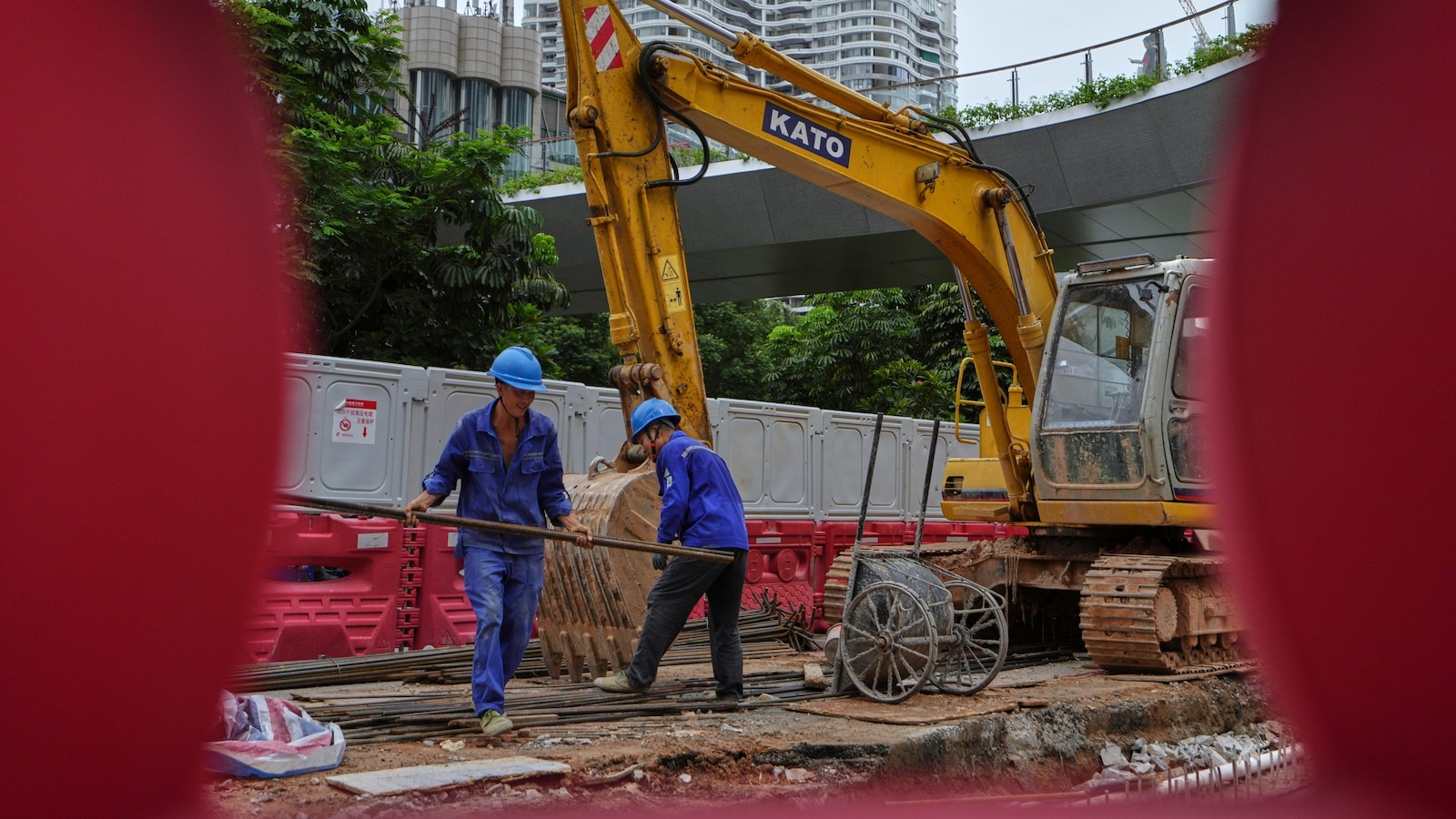Russia's Bold Move: Energy Shift to China Could Change Global Power Dynamics!

In a shocking twist to global energy politics, Russia is boldly pivoting towards Asia, ramping up liquefied natural gas (LNG) exports to China despite facing heavy Western sanctions. Energy Minister Sergei Tsivilev has announced that shipments from major projects like Arctic LNG 2 and Sakhalin 2 are already flowing, reaching not only storage hubs within Russia but also the Beihai terminal in China.
Since its operational launch last year, Arctic LNG 2—primarily controlled by the Russian gas giant Novatek—has become a cornerstone of Moscow's strategy to redirect energy flows away from Europe. This move comes as European buyers had dramatically slashed their purchases of Russian energy since the onset of the Ukraine conflict, pushing Russia to seek new customers in the East.
But it’s not just about economics; this energy partnership reflects a tightening geopolitical bond between Russia and China, which could have profound implications for the balance of power in the region and beyond. As Tsivilev pointed out, progress on the Power of Siberia 2 pipeline could further solidify this long-term relationship.
For China, which stands as the world’s largest energy consumer, the benefits are evident. Not only does this arrangement provide access to discounted supplies, but it also enhances its energy security, offering a counterbalance to its reliance on Middle Eastern imports. The partnership also appeals to India, where Russia remains a key supplier, despite ongoing U.S. pressure.
From the Kremlin's perspective, this partnership serves as evidence that Western sanctions are failing. Tsivilev highlighted the “serious joint progress” being made with both China and India. Moreover, Moscow is planning to expand its domestic power generation by 2042, indicating that they are preparing for a future where they rely less on European markets.
However, this burgeoning relationship isn't without its challenges. Sanctions have restricted Russia's access to advanced technology and financing, thereby increasing its reliance on Chinese investment and expertise. This dependency could potentially shift the balance of power, turning Moscow into a junior partner in this relationship.
The unfolding drama of the Russia-China energy partnership stands to reshape the global landscape. If this cooperation deepens, we might witness Russia entrenching itself as China's primary energy supplier, securing markets for decades to come. Still, market volatility—including shifts in global energy demand, renewable energy adoption, or heightened geopolitical tensions—could complicate these plans. Regardless, this energy alliance is emerging as one of the most consequential realignments in today’s fractured global order.


























